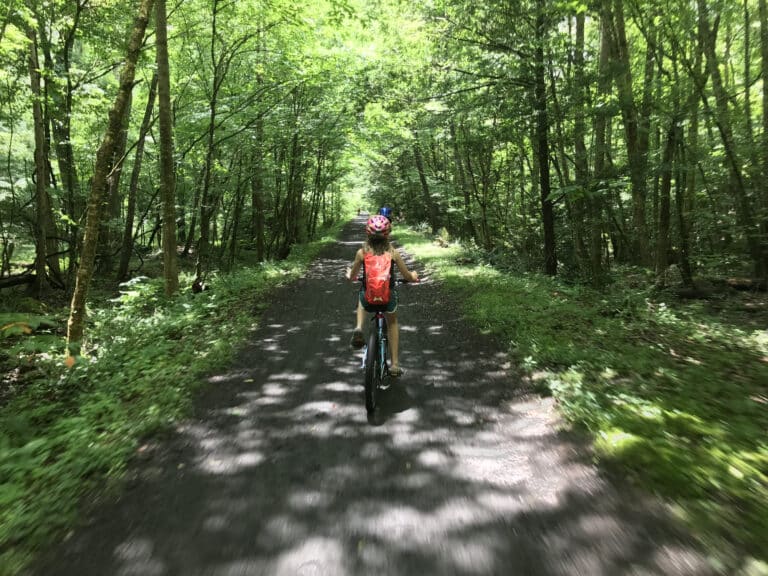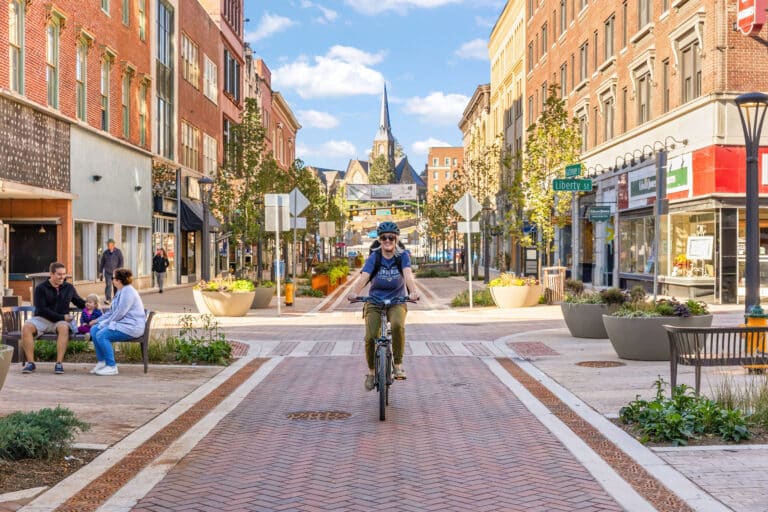Nantahala National Forest’s Cable Cove Campground Will Not Reopen in 2022
The U.S. Forest Service recently announced that due to a number of deferred maintenance needs, they will not reopen Cable Cove Campground in Robbinsville, N.C., this year. Located in Nantahala National Forest, the campground needs more than $184,000 in repairs which cannot be covered by the fees collected annually at the aging campground.
“This has been a difficult decision because we know many families and friends have fond memories of camping there,” District Ranger Andrew Gaston said. “But the reality is that we need to focus our efforts on areas and activities where the public use reflects higher demand to ensure that we are making the best use of our limited budget. We do want the campground to reopen in the future, but we don’t yet know what that’s going to look like.”
According to an analysis of National Forest recreation sites, Cable Cove Campground has low use levels, increased management costs, and maintenance needs that are estimated to be around $350,000 to address health and safety concerns. These factors played a large role in officials making the decision to close the campground, along with the amount and distance of surrounding accessible campgrounds.
As the U.S. Forest Service determines the next steps for Cable Cove Campground, the Cable Cove Boat Launch will remain open to provide access to Fontana Lake all year long.
Solar Benefit Program Hits Limit in Georgia
Within the past decade, Georgia has continuously been ranked top 10 in the nation for solar installations, which has created jobs and boosted the local economy. But the limited availability of the state’s net metering program has now caused Georgia’s rate of installations to decline, even though demand continues to increase.
The net metering program, created in 2019 by the Georgia Public Service Commission, credits solar customers based on how much extra energy they produce and send back to the grid, making investments in the renewable energy source significantly more accessible and affordable. But with a capacity limit of 5,000 customers, the program was filled after two years, leaving the rest of Georgia Power’s 2.5 million other customers without access to it.
According to the Southern Environmental Law Center (SELC), customers receive a fraction of the value for the solar power they produce at home without net metering, and Georgia solar companies are losing customers due to the cap.
“We’ve seen good policies successfully bring solar within reach for Southerners who want to cut their utility bill with clean energy,” Senior Attorney and leader of SELC’s Solar Initiative Lauren Bowen said. “But our region has so much more untapped solar potential, and regulatory and utility policies will have an enormous impact on whether we reach it.”
According to a story in the Atlanta Journal-Constitution, the Public Service Commission won’t consider expanding the net metering program until later this year, meaning additional customers wouldn’t be able to access solar savings until 2023.
Cover photo courtesy of Getty Images of a waterfall in Nantahala National Forest







